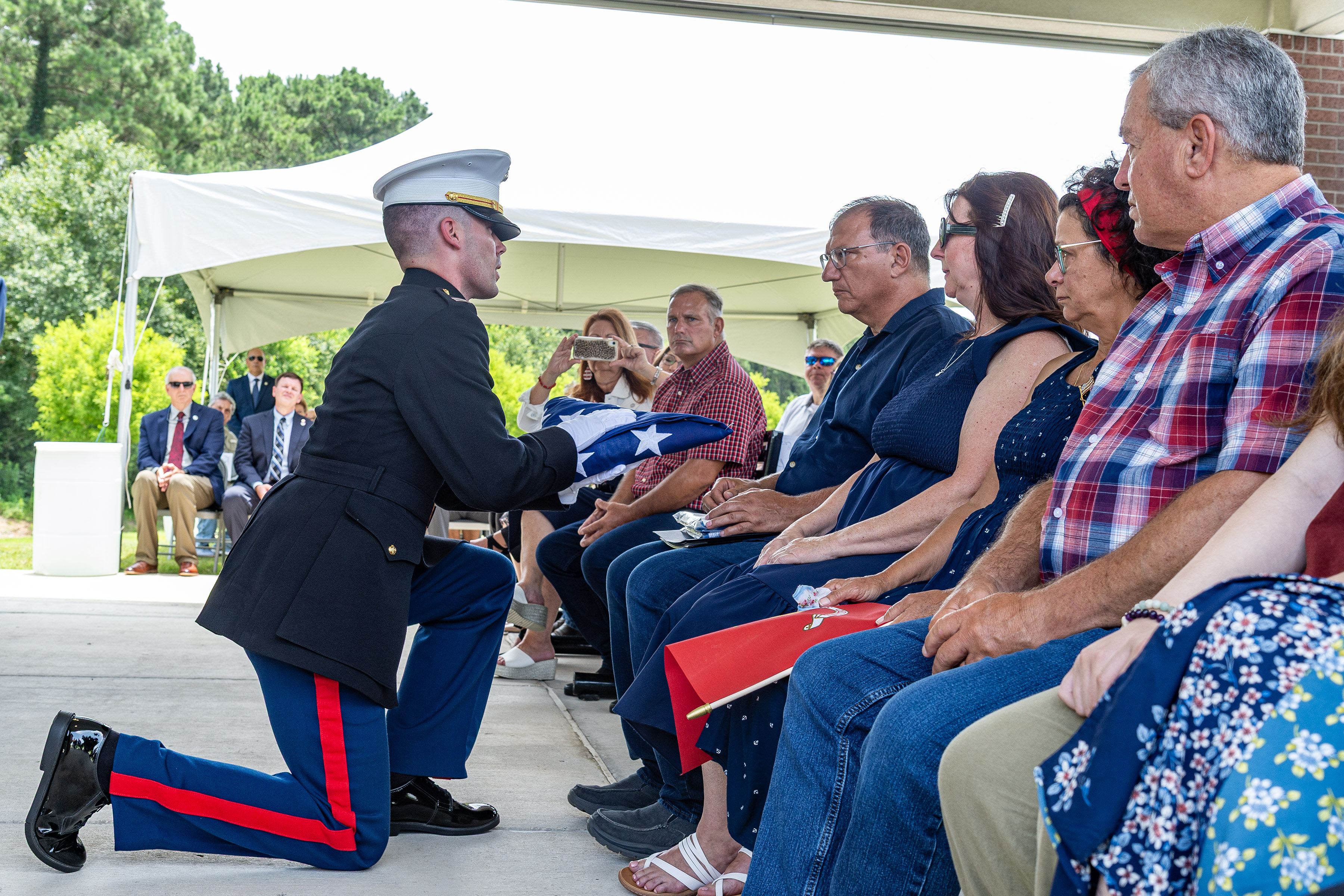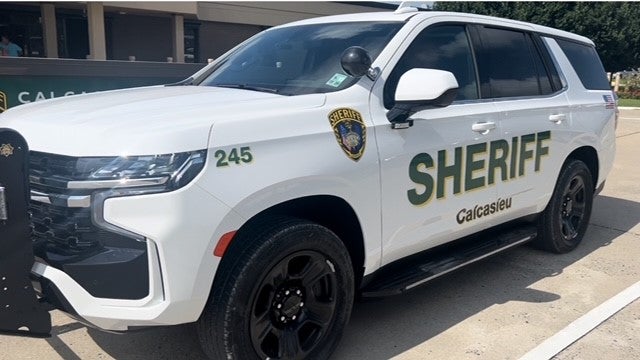Law: Reports go from clerks to high court to NICS
Published 11:13 am Wednesday, September 2, 2015
What is the state law for Louisiana courts in terms of reporting mental health commitments?
Under R.S. 13:753, clerks of court must forward to the state Supreme Court any “court order requiring that a person be involuntarily committed to an inpatient mental health treatment facility.”
They must also report information on people convicted of certain crimes; those found not guilty by reason of insanity; defendants deemed mentally unfit to stand trial; and people prohibited by court order from possessing guns.
“The report shall be submitted to the Louisiana Supreme Court … within ten business days of the date of conviction, adjudication, or order of involuntary commitment,” reads the statute.
“The Louisiana Supreme Court shall, within fifteen business days of receipt of the report, submit the information in the report to the National Instant Criminal Background Check System database.”
The U.S. Code bars federally licensed gun dealers from selling firearms to people who have been “committed to a mental institution.” But the definition of the phrase specifically excludes “a person in a mental institution for observation or a voluntary admission to a mental institution.”
Similarly, state law says concealed-handgun permits can’t be issued to people who “have been adjudicated to be mentally deficient or been committed to a mental institution.”
According to the FBI, the National Instant Criminal Background Check System, or NICS, has issued 19,378 gun-purchase denials for mental health reasons, including involuntary commitment, from Nov. 30, 1998, through Aug. 31, 2015.
The FBI says NICS contains 4,126,698 records for people who can’t possess firearms under federal law for mental health reasons.
A state police report issued at the end of last year shows that no concealed-carry permits were denied, revoked or suspended because of mental health commitments between April 19, 1996, and Dec. 31, 2014.
But the report notes that electronic records date only from mid-2004 and that nearly 900 permits were denied, revoked or suspended for now-unknown reasons.
Additionally, the data show that 113 permits were denied, revoked or suspended because residents met one of the federal prohibition criteria, which include involuntary commitment.
Online: www.legis.la.gov; www.fbi.gov/about-us/cjis/nics; www.lsp.org.
Fee goes to CPSO to cover cost of scan
I tried filling out an application for the Calcasieu Parish School Board to do substitute teaching, and before you can even fill out an application there is a fee of $55-plus for everything. Is that legal? Where does that money go?
The money goes to the Calcasieu Parish Sheriff’s Office, which scans the fingerprints of each applicant for a substitute teaching position as part of the School Board’s employment certification process.
To apply for a substitute post, you must first fill out a disclosure form and supply information for a criminal background check and fingerprint scan.
Next, you must go to the Sheriff’s Office to undergo the scan and pay the above-mentioned fee — $55.75 payable in cash or via a check or money order made out to the Calcasieu Parish Sheriff’s Office.
The pre-application process is the same for other positions, though the fee varies slightly — $55.75 for teacher applicants and $57.50 for applicants for teacher aide, clerical, janitorial, maintenance and warehouse jobs.
After the scan, applicants should wait five days and then contact the school district’s personnel department to check their employment eligibility.
Online: www.cpsb.org.
The Informer answers questions from readers each Sunday, Monday and Wednesday. It is researched and written by Andrew Perzo, an American Press staff writer. To ask a question, call 494-4098 and leave voice mail, or email informer@americanpress.com.
(MGNonline)





